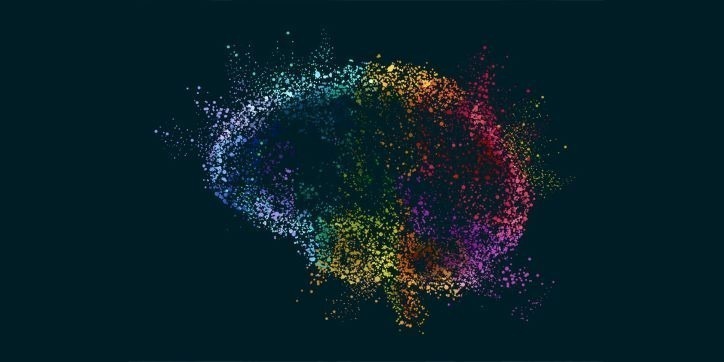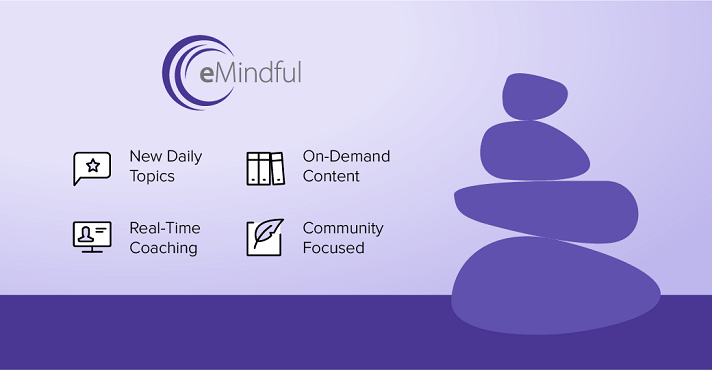Posts Tagged ‘eMindful’
Update: Why MDMA-assisted psychotherapy may become an FDA-approved treatment for PTSD within 2 years
Welcome to a new edition of SharpBrains’ e‑newsletter, sharing important brain/ mental health news plus a few fun optical illusions to tease and appreciate our unique human minds. #1. Why MDMA-assisted psychotherapy may become an FDA-approved treatment for PTSD within 2 years “We are a pharmacist and physician team who investigate the benefits and harms associated with…
Read MoreSolera Health includes Ginger and eMindful to expand digital mental healthcare platform
Solera expands mental health network with new partners Ginger and eMindful (Fierce Healthcare): Solera Health, a platform that links people with a curated collection of health solutions, is adding mental health companies Ginger and eMindful to its network of partners. Ginger, a provider of on-demand virtual mental health care, and eMindful, which offers evidence-based mindfulness…
Read MoreUpdate: Promote brain plasticity by taking your daily exercise pill — physical and cognitive
Welcome to a new edition of SharpBrains’ e‑newsletter, featuring nine scientific reports and industry developments to help promote lifelong brain health. #1. A must-read, and must-practice: Promote brain plasticity and keep your mind at ease by taking your daily “exercise pill” #2. If cognitive stimulation came in a pill it’d be worth a quadrillion, give or…
Read MoreEvidence-based, employer-focused meditation program eMindful acquired by digital behavioral change firm Wondr Health
Riverside completes add-on investment to Wondr Health Platform (Private Equity Wire): The Riverside Company, a global private investor focused on the smaller end of the middle market, has invested in eMindful, a provider of evidence-based, mindfulness programmes for everyday life and chronic conditions. The investment is an add-on to Riverside’s Wondr Health (formerly Naturally Slim), a…
Read MoreSurvey of key scientific, technological and investment trends revolutionizing Brain Health in our Digital Age
—– Last year I got very interested in the functioning of the human brain and the science behind mindfulness and learning [1], so was quite excited to attend the SharpBrains Virtual Summit [2] in December, indulging in the latest trends in applied neuroscience and digital innovation. The Summit focused on the theme of reinventing brain health in the digital…
Read MoreBrain Health in the Pervasive Neurotechnology Era
Brain Health in the Pervasive Neurotechnology Era from SharpBrains How to harness neuroplasticity and digital tools to enhance work and life?
Read More




